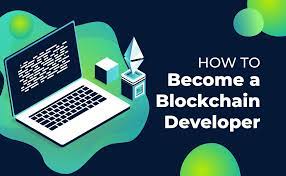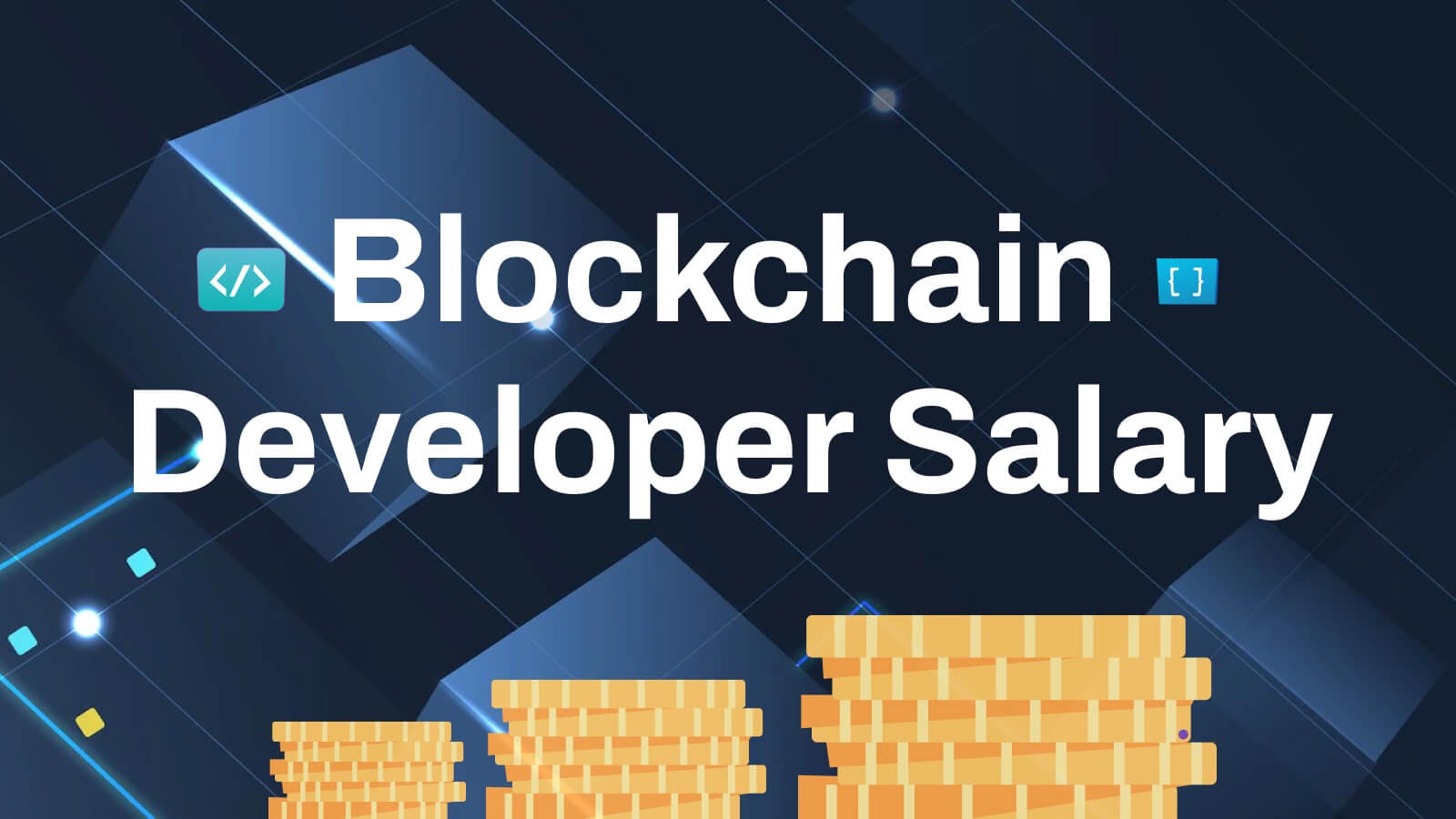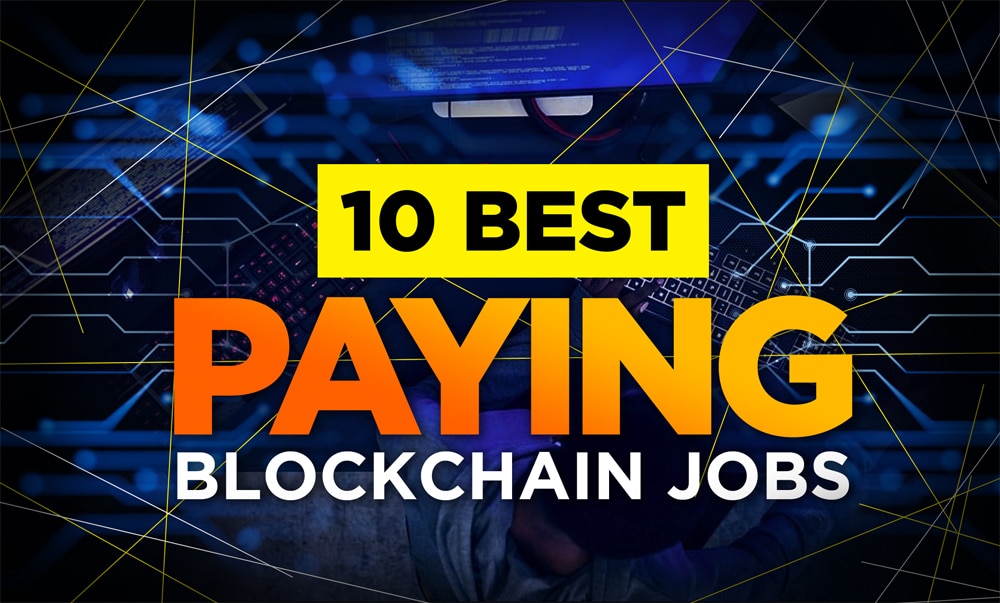Advertisements
How do I start a blockchain career? If you have ever asked that question, this post is specially made for you.
If you’re looking to become a blockchain developer, it’s a good idea to have a clear understanding of what you want to do and why—and why this matters. In this article, I’ll walk through the major steps you can take towards becoming a blockchain developer. You may want to ask how much do blockchain developers make, just to be sure if this is good for a career.
First, answer the question “Why do I want to become a blockchain developer?”
Blockchain developers are in high demand because they have the skills and experience to create new applications that can revolutionize business models. Blockchain developers are well paid and have lots of freedom when it comes to working from home or on-the-go, which means you don’t need to be tied down by an office job with strict hours and deadlines.
If you’re looking for something interesting to do but don’t know where or how, becoming a blockchain developer might just be your ticket!
You need to learn the basics of blockchain.
What is blockchain? It’s a technology that allows for secure data storage and the transfer of value, but it also provides privacy and anonymity for its users. Blockchain uses a distributed ledger system to create an unchangeable database containing records (called blocks) that are linked together in a chain. Each time new information is added to this database, it will be added as an additional block on top of previous ones – hence creating an everlasting chain with no duplication or loss of data. This makes sure that every transaction can be traced back to its source without further processing by third parties such as banks or governments; this means there are no middlemen involved who could steal your money if they wanted!
Learn and understand cryptography.
Cryptography is the science of encoding and decoding information. Cryptographic algorithms are used to encrypt data, and decryption is often used to convert encrypted data back into its original form.
For example, when you use your password on a website or app, it’s encrypted using a cryptographic algorithm like AES (Advanced Encryption Standard). If someone else gets access to your master password—the one that allows them access everywhere else—they can decrypt those passwords without knowing your personal identification number (PIN) or any other secret information about you. This is why strong passwords are essential: they protect against unauthorized users who might try to steal them by hacking into databases containing sensitive information such as bank accounts and credit cards!
Advertisements
Learn the most commonly used programming languages for smart contracts and blockchain development.
- Solidity
- JavaScript
- Go (C or Go)
- C++
- Python
- C# and Javascript
Learn how to write your own smart contracts in Solidity from scratch.
- Learn how to write your own smart contracts in Solidity from scratch.
- What are the steps to writing a smart contract?
- What are the benefits of writing your own smart contracts?
- How do you test your smart contracts?
Familiarize yourself with more advanced concepts in cryptography, especially zero-knowledge proofs.
Zero-knowledge proofs are a way to prove that a given statement is true without revealing anything about the details of the statement itself. For example, if you wanted to prove that two numbers were prime, you could do so by creating an equation with those two numbers as variables and solving for another variable (the product). This would be an “approximation” method because there’s still some unknown information—what is your solution? How far off was it from being correct? What did you use to get there?
Zero knowledge proofs solve this problem by replacing variables with values known only by the prover and verifier. The verifier doesn’t know which two numbers are being used as inputs; instead, he or she knows only how many times each number appears in your proof chain so far (i.e., what kind of relation holds between them).
There is no one path to becoming a blockchain developer, but there are some common steps you can take.
There is no one path to becoming a blockchain developer, but there are some common steps you can take.
- Learn from online courses. You can learn the fundamentals of programming through free or paid courses offered by universities and other institutions. If you are interested in developing your skills further, then consider signing up for some paid courses that will teach you how to build apps for various platforms like Ethereum and Hyperledger Fabric (a popular blockchain technology).
- Read books about blockchain development: Some people prefer reading books over watching videos because they find it easier to retain information when reading than when listening only passively via audio recordings on YouTube or iTunes U streaming services provided by Apple Inc., Google Inc., Amazon Web Services Inc., Microsoft Corp., etc..
Where to learn blockchain development
If you are wondering how long does it take to become a blockchain developer, or you want to get started with free blockchain courses and premium ones as you advance in learning, the list of websites that teaches blockchain development below will be of great help to you.
Video on how to become a blockchain developer by Dapp University
Conclusion
If you’re looking to become a blockchain developer from scratch, the first thing you should do is learn how it works. As we covered in this article, there are some common steps you can take that will help you get started in your journey toward becoming a blockchain developer. If I were starting out today as someone interested in this field, I would begin by learning about cryptography and zero-knowledge proofs before moving on to more advanced subjects like programming languages or how they work with smart contracts.






